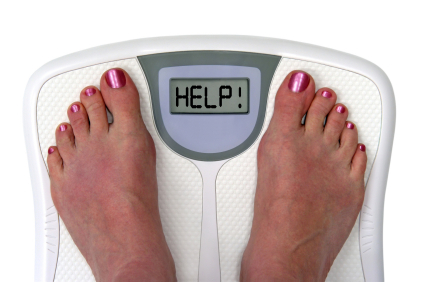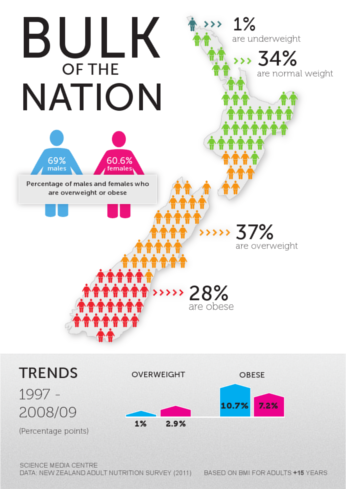When it comes to healthy food, consumers are often at the mercy of misleading dietary claims from manufacturers. Now researchers have cut through the confusion with a no-nonsense list of foods that the overweight can avoid without compromising nutrition.
 Researchers from the University of Otago, Christchurch have developed list of foods that they describe as NEEDNT (non-essential, energy dense nutritionally deficient) foods. This is not simply another list of high calorie foods. This is a list of foods which are usually high in calories and either bereft of nutritional benefits or easily replaced with a lower calorie, more nutritious alternative. The new list was published and explained in a ‘viewpoint’ article in the New Zealand Medical Journal.
Researchers from the University of Otago, Christchurch have developed list of foods that they describe as NEEDNT (non-essential, energy dense nutritionally deficient) foods. This is not simply another list of high calorie foods. This is a list of foods which are usually high in calories and either bereft of nutritional benefits or easily replaced with a lower calorie, more nutritious alternative. The new list was published and explained in a ‘viewpoint’ article in the New Zealand Medical Journal.
The NEEDNT foods list was formulated in response to growing evidence that the emotional and addictive components of overeating need to be addressed for people struggling with obesity. It is hoped that the NEEDNT food list, which includes 49 foods, will be a useful tool for medical practitioners and other health professionals working with people who want to lose weight.
 Data from the Adult Nutrition Survey, published in September last year, showed that approximately 65% of New Zealanders are overweight or obese. Based on this research, the SMC has now produced an infographic visualising the weight distribution of New Zealanders.
Data from the Adult Nutrition Survey, published in September last year, showed that approximately 65% of New Zealanders are overweight or obese. Based on this research, the SMC has now produced an infographic visualising the weight distribution of New Zealanders.
While there are some obvious culprits on the list, like doughnuts and ice cream, there are also some unexpected foods included, such as muesli bars and fruit juice.
The Science Media Centre held a media briefing with authors of the list, who explained how it came about what feedback they had received so far. Listen to the audio below.
Briefing Participants:
Dr Jane Elmslie, principal researcher, will be discussing the development of the NEEDNT foods list. Dr Elmslie is a Registered Dietitian and Research Fellow in the National Addiction Centre, Department of Psychological Medicine, University of Otago, Christchurch. She is the lead author of the NEEDNT food list research paper.
Dr Ria Schroder will be speaking about her experiences of using the NEEDNT foods list. Dr Schroder is a Research Fellow at the National Addiction Centre, University of Otago, Christchurch with a background in education and psychology and is a co-author of the paper on NEEDNT foods.
Dr Frances Carter will be available to answer questions at the briefing. Dr Carter is a Clinical Psychologist at the Department of Psychological Medicine, University of Otago, Christchurch, with twenty years experience working in the area of clinical research and is a co-author of the paper on NEEDNT foods.